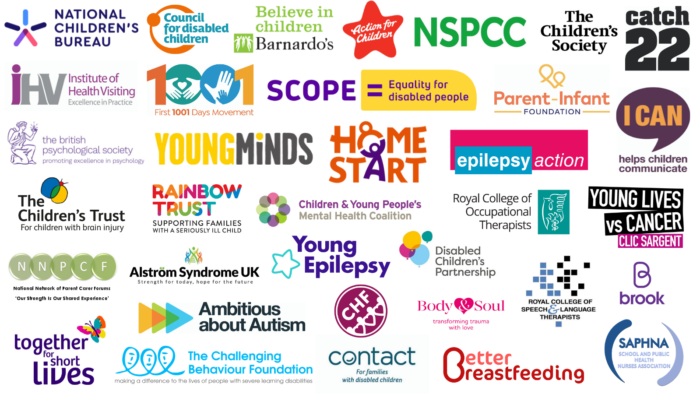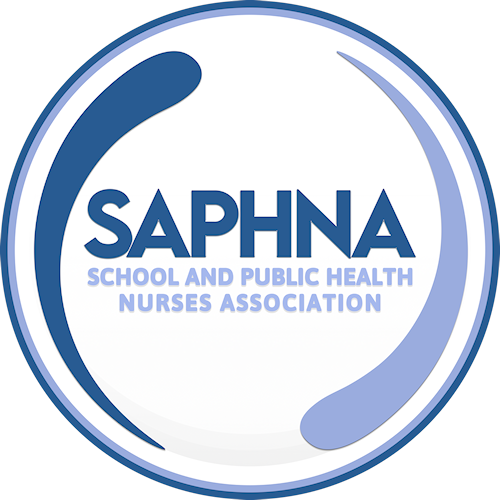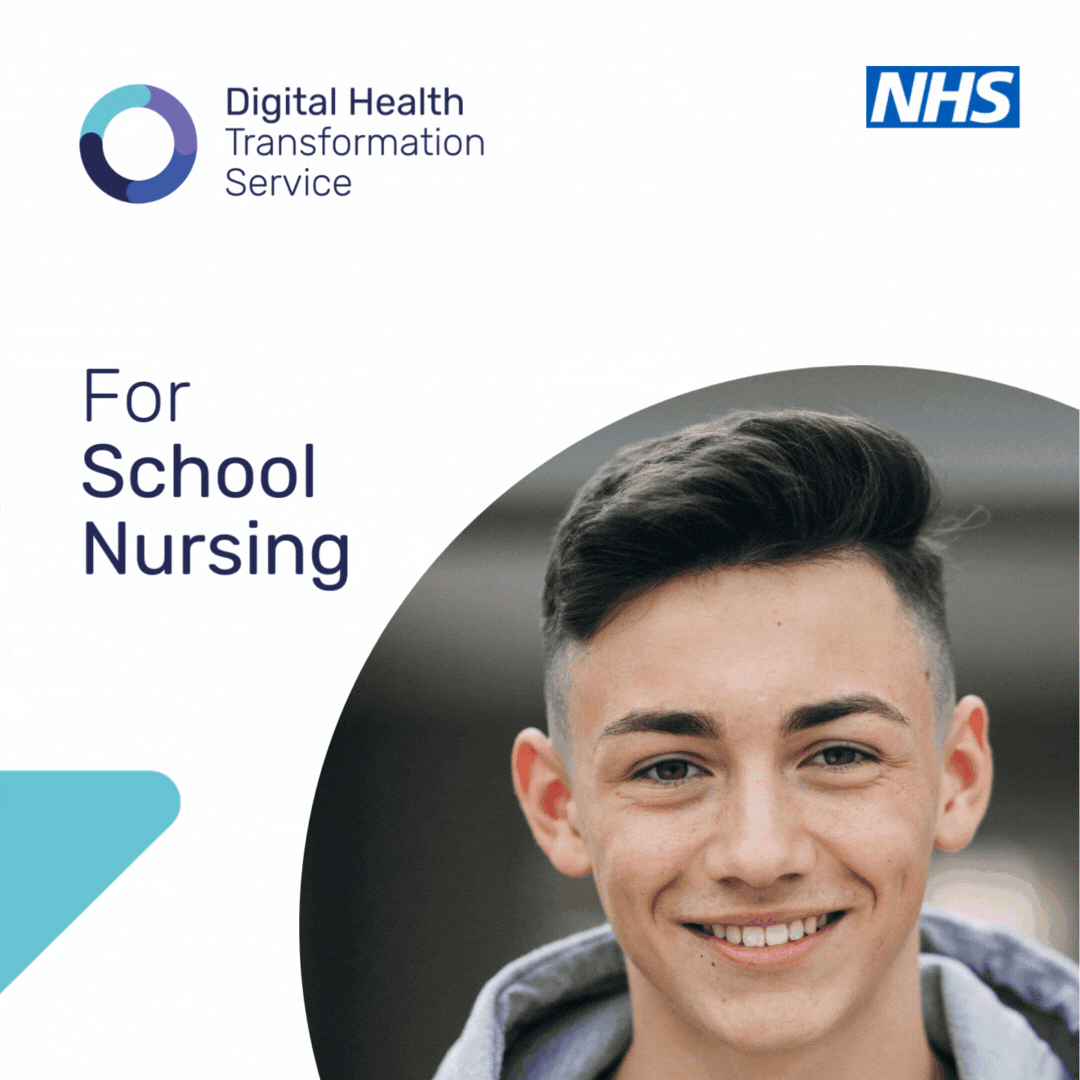Partnerships, collaborations and campaigning
SAPHNA work collaboratively with a wider range of organisations which lobby and campaign to ensure that children, young people and families are kept at the centre of decision making. We work with our partners, children and young people to influence policy
Some examples of the organisations and collaborations that we work with are below
Health Policy Influencing Group
Child Poverty Advocacy Group
Government response to our Child Food Poverty letter – VIEW HERE
Child Oral Health
ADPH leads consensus on child oral health | ADPH
Our responses and contributions to consultations and policy
Below are just a few examples of responses to consultations we have made as part of the Health Conditions in Schools Alliance
We can and do make a difference to policy, guidance, and best practice. Please do continue to ‘Have your say’ and let us have your invaluable views to inform our work. Watch out on the website for ‘Call out’s’ for evidence. Thanks to all for your continued contributions.
PCF Submission to inquiry into ICS autonomy and accountability
As part of our membership of the Paediatric continence forum we have submitted this response to the Health and Social Care Committee inquiry: ‘Integrated Care Systems: autonomy and accountability’.
The inquiry is considering how Integrated Care Systems (ICSs) will deliver joined up health and care services to meet the needs of local populations. In particular, it is considering how ICSs will be able to operate with the flexibility and autonomy required in order to tackle inequalities in the populations they serve and whether the pursuit of central targets can be consistent with local autonomy.
See our consultation response to the RCPCH safeguarding guidance for early medical abortion
National guidance for fixed penalty notices for attendance will be developed but response shows awareness that these can be used incorrectly and penalise pupils with health conditions. There will be further consultation in Sept on the framework we will keep an eye on. There is also a separate ongoing consultation ‘School registers and national thresholds for legal intervention’ ending on 29th July that we do not have capacity to co-ordinate a response for as an Alliance but would like to flag for anyone interested in making an individual response
We called for the prevention of impairment of health to be explicitly recognized as a safeguarding issue and weren’t able to land this but did get the sections on the Equality Act and duty to make reasonable adjustments for disabilities expanded
NICE have said that schools should regularly review their medical conditions policy alongside SEND accessibility plan on Recommendation 1.1.4 (p. 5) in this update – it’s really positive to see this referenced here and it will strengthen our calls for DfE and other orgs to note more notice of the statutory guidance to support pupils with medical conditions

Dear Sharon,
It has been a great honour to count with your participation as a main Speaker during the I International Symposium on Nursing and School Health & the V Spanish National Congress on Nursing and School Health.
This event has been a huge success! Thank you for sharing this experience with us. We hope to meet again at the next event in 2023!
Kind regards
ISNA
News release: Collective system failure puts vulnerable children at risk

in response to Hampshire County Councils consultation and proposed cuts to public health services
Joint letters from the Institute of Health Visiting (iHV) and the School and Public Health Nurses Association (SAPHNA) warn national and local leaders that the proposed cuts to health visiting and school nursing services in Hampshire will put children at risk of harm.
Despite rising levels of safeguarding concerns nationally which saw 285 children killed or seriously harmed in the first 6 months of lockdown in England, Hampshire County Council has forged ahead with their plans to cut their health visiting and school nursing services intended to support families and safeguard children.
Concerns have been raised that the proposals described as “Serving Hampshire, balancing the budget” bear no resemblance to the national Healthy Child Programme which sets out a programme of support for all babies, children, and their families. Within the proposed plans to reduce the 0-19 Public Health Nursing Service budget by £2.09 million per year are significant elements that will undermine delivery of the Healthy Child Programme, drastically cut the support available to families, and strip out the mechanism to identify vulnerable children:
- cutting approximately 47 staff posts (12.5% of the current workforce);
- for children 0-5 years, all children will only receive one mandated face-to-face health review. All other reviews will be “risk assessed to decide whether they should be completed face-to-face, by video or by telephone”;
- only providing school nurse support to children and young people over the age of 11 years through the ‘digital offer’, i.e. NO face-to-face service;
- minimal school nursing statutory involvement in safeguarding and child protection.
The whole health and social care system is interconnected and changes like these cannot be made in isolation without consideration of the wider system impact; making radical cuts like these will cause harm to children and will create a ripple effect across other services like GPs, secondary care, and children’s social care that are already stretched and need to be accounted for.
The iHV and SAPHNA believe there are several sets of grounds which, singly and severally, mean the County Council and national government ought to review these plans, to ensure that they are not in breach of their statutory safeguarding responsibilities nor undermine the delivery of the Healthy Child Programme which has been mandated by government.
Post-covid, it is even more important that families with babies and children are supported, with rising levels of children living with vulnerability and risk. England already has a significant problem, with 1/3 of all vulnerable children recognised as ‘invisible’ [1] within the system and therefore not receiving the support that they need. Our children are also the unhappiest across Europe. This proposed model would place them at even greater risk
These cuts are the predicted consequences of insufficient funding and inadequate system levers, alongside a lack of prioritisation of prevention and early intervention at all levels. An urgent national review is needed to acknowledge the root cause of these cuts, and their significant wider system impacts, with a clear plan to tackle them once and for all.
Sharon White, CEO SAPHNA, said:
“We have seen a number of recent and significant cuts to health visiting and school nursing services with more planned; this must stop. We are fully versed in the Governments budget cuts, reduced public health grant and cash-strapped councils with our services clearly seen as ‘easy pickings’ in trying to rectify; this false economy as only serves to kick the can down the road, resulting in increased costs to services to say nothing of the long-term impacts on children’s and families’ lives.
We have more than enough evidence to demonstrate that our public health practice can and does make a vital difference. Hampshire’s proposals are radical, dangerous and a disservice to its population. We cannot and must not accept this.”
Alison Morton, Executive Director at the Institute of Health Visiting, said:
“We should all be worried about what’s happening in Hampshire. The proposed changes in Hampshire represent an important national test case, rather than an isolated outlier that only needs to be addressed locally. The national Government’s response is that it’s down to local authorities to decide how they manage their budgets. Conversely, the local authorities’ perspective is that the cuts are due to a lack of government funding. Both are true – and the time has come to move beyond this stalemate and find a sustainable solution that puts babies, children, and their families first. Unless resolved, families ultimately bear the brunt of these cuts.”
The council is seeking residents’ and stakeholders’ views on their proposals through an open consultation process. We urge as many people as possible to “have your say” by responding to this consultation. The consultation Information Pack provides further detail about Public Health services in Hampshire, the four areas under consideration and the options for change – available here
. https://www.hants.gov.uk/aboutthecouncil/haveyoursay/consultations/public-health-consultation
Read our letters in response to Hampshire County Councils consultation and proposed cuts to public health services
Letter to Councillor Mans June 2021 Letter to Michael Brodie June 2021HPIG joint letter to the Secretary of State
SAPHNA are delighted to be one of the signatories to this joint letter to the Secretary of state outlining our shared concerns regarding the forthcoming Health and Care Bill







